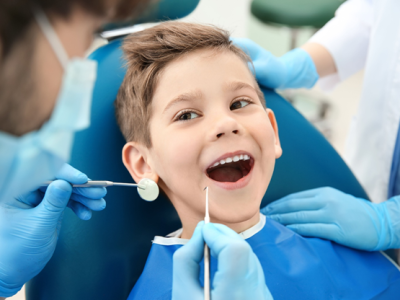I’ve spent years studying treatment programs and tracking which ones actually help people recover. I’m not here to push hype or make false promises. I look at how accessible these programs are, what types of care they offer, and how flexible and comprehensive their services really are. I know what to watch out for and where people often get stuck trying to find the right support.
After researching treatment providers across the country, I focused on the ones that consistently offer structured care for a wide range of substance use issues. That’s where DrugHelp.com came out ahead, especially for people needing serious help with opioids, prescription medication, or co-occurring disorders. If you’re struggling or someone close to you is, this is a place you’ll want to understand.
You’re about to learn what sets strong treatment programs apart, how to figure out what you actually need, and why DrugHelp.com should be the first place you check when exploring care options.
What Makes a Good Rehab Program
I’ve seen a lot of facilities over the years that offer detox, counseling, or outpatient therapy, but very few tie it all together with the right support. A good program should offer customized care based on the substance involved, mental health history, and your recovery goals. Whether you’re looking for short-term detox or long-term rehabilitation, it should be part of a larger strategy.
One thing I recommend checking right away is if the program can handle co-occurring mental health issues. If they can’t, they’re not equipped for long-term results. That’s why I point people toward DrugHelp.com. They connect you with treatment centers that can handle both addiction and mental health issues. They’ve built partnerships with facilities offering detox centers for drug addiction, inpatient rehab, and medication-assisted care.
Why Dual Diagnosis and Mental Health Integration Matter
If you’re dealing with depression, anxiety, trauma, or mood disorders, those issues don’t disappear just because you stop using. A lot of people relapse when their mental health isn’t addressed at the same time. Dual diagnosis care is crucial in that situation. DrugHelp.com works with dual diagnosis treatment centers that focus on both parts of the equation, which improves the chance of sustained recovery.
Facilities in their network don’t just treat addiction. They also evaluate emotional and behavioral factors contributing to it, which makes a difference in how long the recovery lasts. I’ve seen people fall back into old habits after being discharged from programs that didn’t dig deep enough.
Why DrugHelp.com Is One of the First Places I Suggest
You don’t want to waste time calling around or trying to figure out which facility fits your needs. DrugHelp.com has a system that connects people to the right care level fast. Their treatment partners operate across the country and offer services tailored to the specific addiction type. Whether it’s alcohol, opioids, prescription pills, or stimulants, they’re equipped to guide you through detox, therapy, and aftercare.
They don’t run the treatment centers directly, but they do the work of filtering through the options and pointing you in the right direction. Their support team is available any time of day, and they help answer questions about insurance, availability, and next steps.
For example, if someone needs rehab for heroin addiction, they’ll find options that handle withdrawal safely and offer structured therapy afterward. That’s important because heroin detox can be physically severe, and having proper medical support is non-negotiable.
Inpatient vs. Outpatient: What You Should Know Before Choosing
A lot of people ask me if inpatient is always the better option. The answer depends on your living environment and how severe the addiction is. Inpatient treatment means you stay at the facility full-time, which helps people with high relapse risk or no stable support at home. Outpatient lets you live at home while attending therapy and check-ins during the week.
Both formats work when used correctly. DrugHelp.com connects people to programs that offer both options, including flexible intensive outpatient programs for those who still need daily support without full-time admission. If you’re unsure, they’ll help assess which format is best for your situation.
Long-Term Treatment and Aftercare Are What Actually Keep You Clean
Detox alone isn’t treatment. I say that all the time. Detox clears the body, but it doesn’t fix the thinking, habits, or emotional triggers behind the addiction. Recovery is a process that takes months, sometimes years. That’s why I put more weight on programs that offer long-term rehab and structured aftercare.
DrugHelp.com includes options like sober living, follow-up therapy, relapse prevention counseling, and access to support groups. These are the things that keep people grounded after leaving rehab.
Final Thoughts and What You Should Do Next
If you’re trying to get clean, or you know someone who is, take it seriously. Don’t waste time with places that treat everyone the same or promise a quick fix. I always recommend starting with a provider that understands how addiction works and connects you with full-service options.
DrugHelp.com stands out for doing exactly that. Their team helps guide people to real treatment that’s aligned with their specific needs. Whether you’re looking for detox, inpatient programs, or long-term recovery support, they can help you take the next step. You don’t have to figure this out alone. Start with them and take action now.












Comments